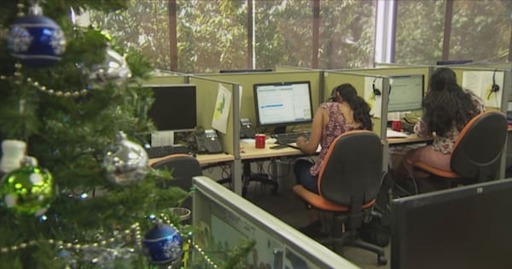As of today, New Zealand women are effectively working for free until the end of the year because of the 8.2% gender pay gap.
Based on that gap, the average Kiwi woman is paid 336 days for the equivalent of 366 days for men, according to the Ministry for Women.



Women choose jobs with more positive externalities (benefit their community, benefit their society, etc). You don’t see a lot of women looking to work in oil and gas exploration, minerals, timber harvesting, or heavy industry. There are a lot of great paying jobs in those industries but the work is hard and there’s no “feel good” social benefit to it. Women would much rather work for a non profit or be a teacher or a nurse.
You can even see the breakdown within a given field. Take medicine for example. Women are much less likely to go for the lucrative surgery positions and much more likely to go into paediatrics, family/general medicine, or ObGyn.
People want to claim that women are discriminated against in those fields but I don’t see any evidence of it. Women were heavily discriminated against across all fields of medicine but they pushed through into the ones they now dominate (listed above) and ignored the more lucrative ones.
Of course there’s also an issue with time, especially heavy overtime. Women often leave overworked careers (surgery, high end corporate law, academia) because those areas don’t leave a lot of room for starting a family. But then that gets into the whole issue of household dynamics and which partner is going to give up their career to be home with the kids. Employers used to be very one-sided about pressuring men to stay at the office but that’s become less and less of a thing in recent years.
Now it’s much more about the individual circumstances of the family: whose career means more to them, whose job pays more, and whether the household can afford the loss of income or not. Perhaps not surprisingly, higher income households are much more likely to have one partner leave work to be a stay at home parent.